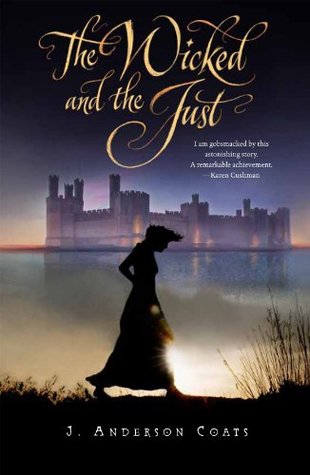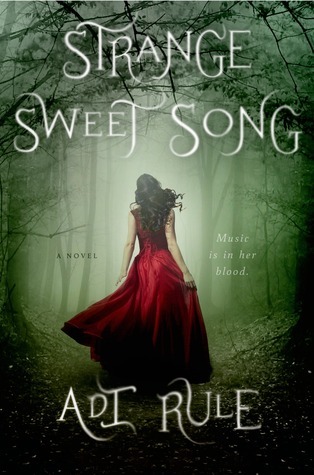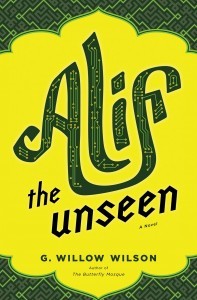 I've loved Gail Carriger's books since discovering her Parasol Protectorate Series a couple of years ago. Curtsies and Conspiracies is set in the same world as PP, though a quarter century earlier, with young adult characters. But some favorites from PP make an appearance (I was particularly happy to see Lord Akeldama in this one), and of course, her signature mix of steampunk, supernatural creatures, and Victorian England is always wild fun.
I've loved Gail Carriger's books since discovering her Parasol Protectorate Series a couple of years ago. Curtsies and Conspiracies is set in the same world as PP, though a quarter century earlier, with young adult characters. But some favorites from PP make an appearance (I was particularly happy to see Lord Akeldama in this one), and of course, her signature mix of steampunk, supernatural creatures, and Victorian England is always wild fun.I remember being underwhelmed by the first book in this series (Etiquette and Espionage), so I was surprised and pleased to find myself enjoying Curtsies and Conspiracies. Maybe it was that my expectations weren't set very high: I expected to be entertained, and I was.
Gail Carriger's writing style is delightful: her characters, if shallow, are funny and witty and I love the very Victorianness of the whole thing. The plot tends to be convoluted: after rescuing a top-secret gadget in book I, here Sophronia and her friends are trying to demonstrate their increasing adeptness at spy-stuff and Sophronia stumbles across some kind of plot to kidnap her friend Dimity for unknown reasons. These attempts seem somehow tied to the growing interest in a new kind of air-dirigible and the potential for vampires to travel higher in the aether . . . I have to admit that I'm not entirely clear on the details, but that didn't seem to matter. What really interested me here were the domestic details: how Sophronia sees possible conspiracies in every-day situations, how even tea-time can be a dramatic event, etc. I didn't mind the growing love triangle between Sophronia, her sootie friend Soap, and Lord Felix, because Sophronia generally remained oblivious to both of them.
The ending was a little bizarre, but I'll definitely pick up the next book.







